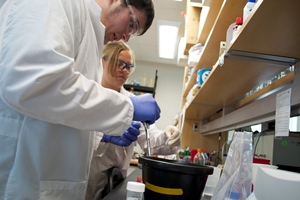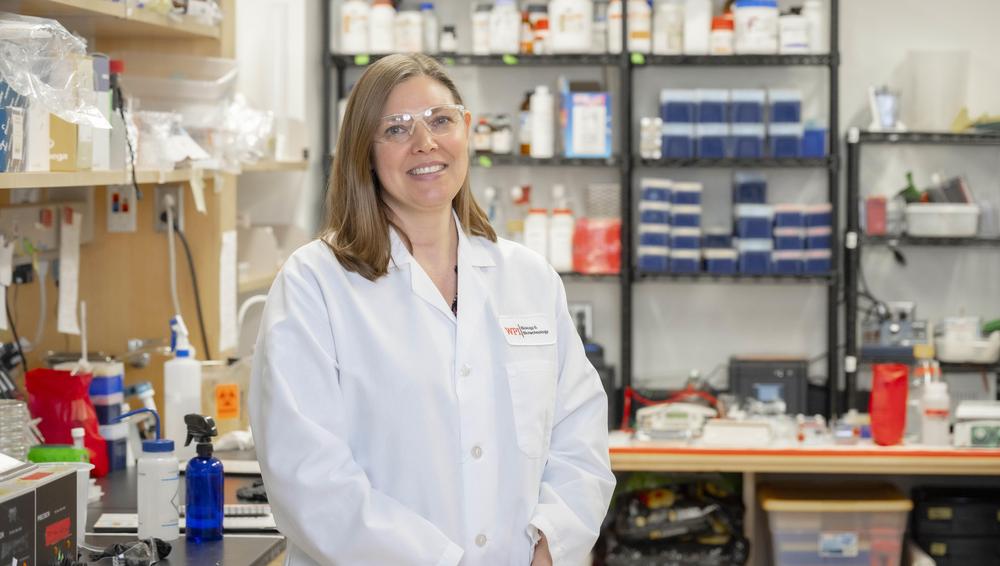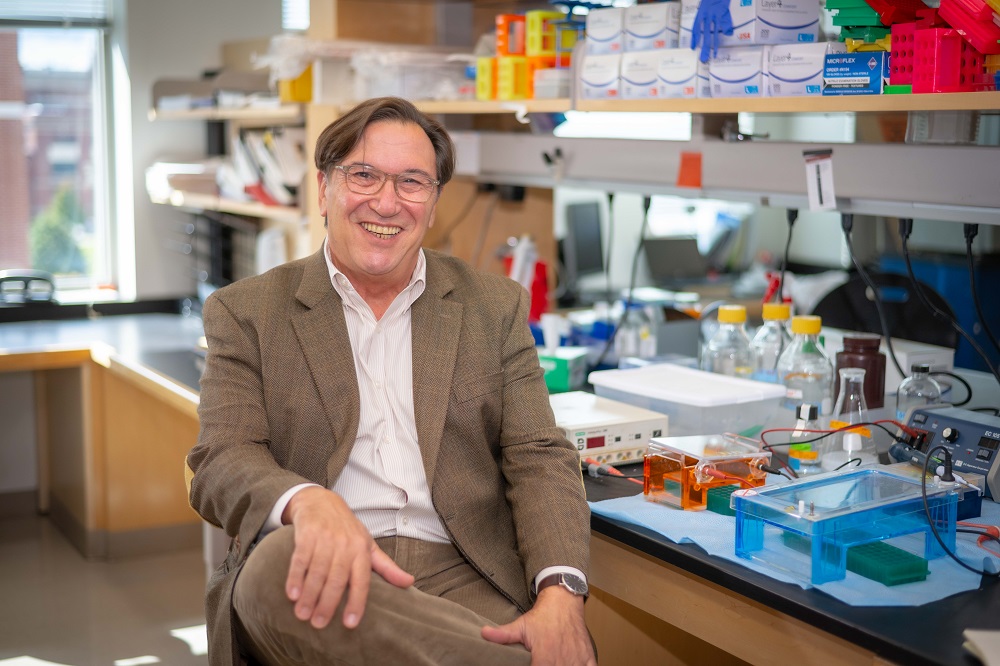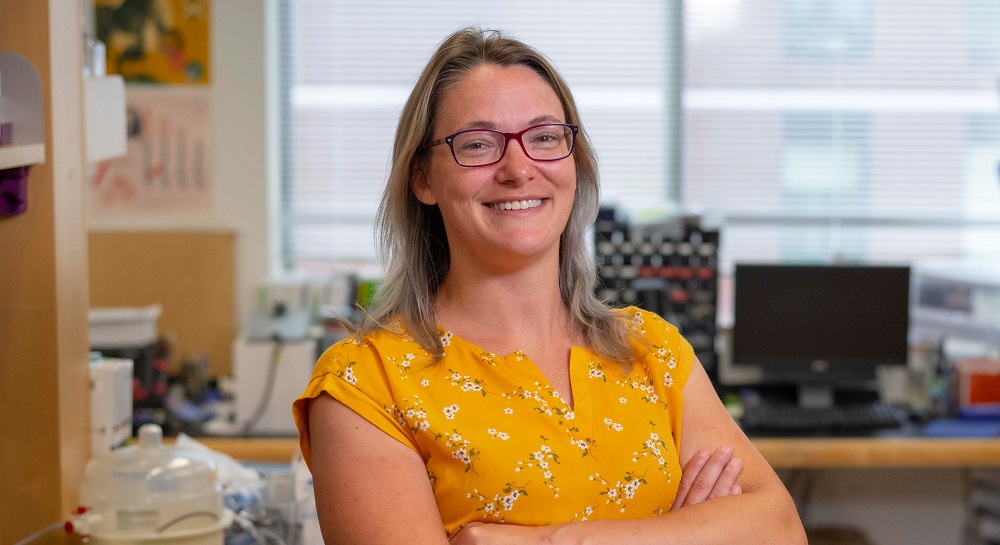
Michael Giroux and Kayla DeSanty in the lab.
Three-hundred years ago, the British government created the Longitude Prize, challenging the public to come up with way to locate ships at sea by using longitude.
A watchmaker and carpenter answered that call by developing the chronometer, which enabled a ship’s location to be pinpointed, thus reducing shipwrecks and disruption to global trade.
Now, through Nesta, its innovation charity, Britain is offering Longitude Prize 2014, posing another challenge: Develop a simple, quick, inexpensive and effective test for bacterial infections. Such a test would enable the right antibiotics to be administered at the right time, rather than blanket overuse, which has led to antibiotic resistant bacteria, and could make common infections difficult to treat.
Working toward the International Genetically Engineered Machine competition, called iGEM, later this fall, a team of WPI students and advisors was on its way to come up with such a test when it got wind of the Longitude Prize competition, which it also plans to enter.
“All of a sudden our project just became so much more relevant to a bigger cause, the cause of combating antibiotic resistance,” said Natalie Farny, an assistant teaching professor of biology and biotechnology and the lead advisor to the six students working on the test.


